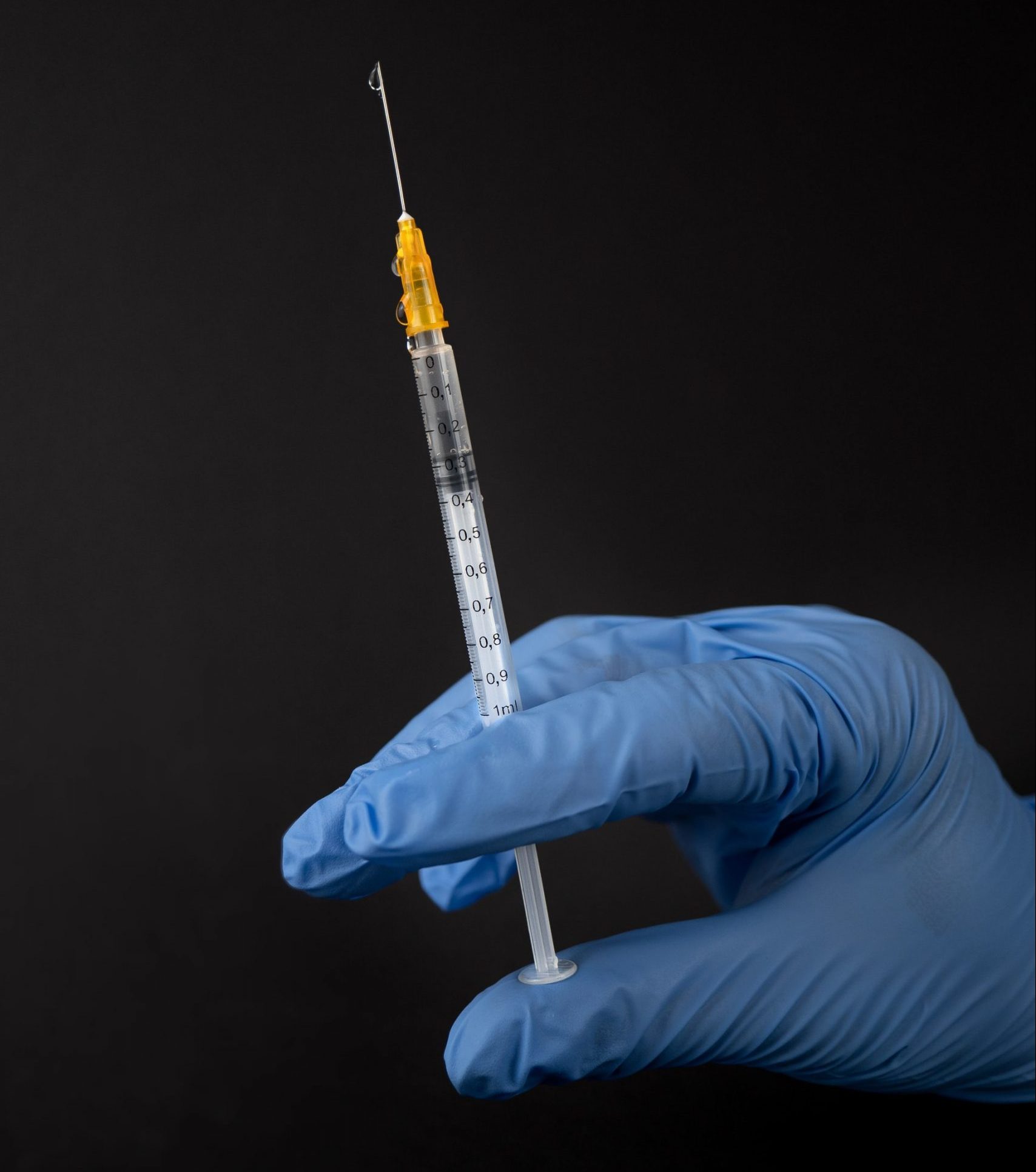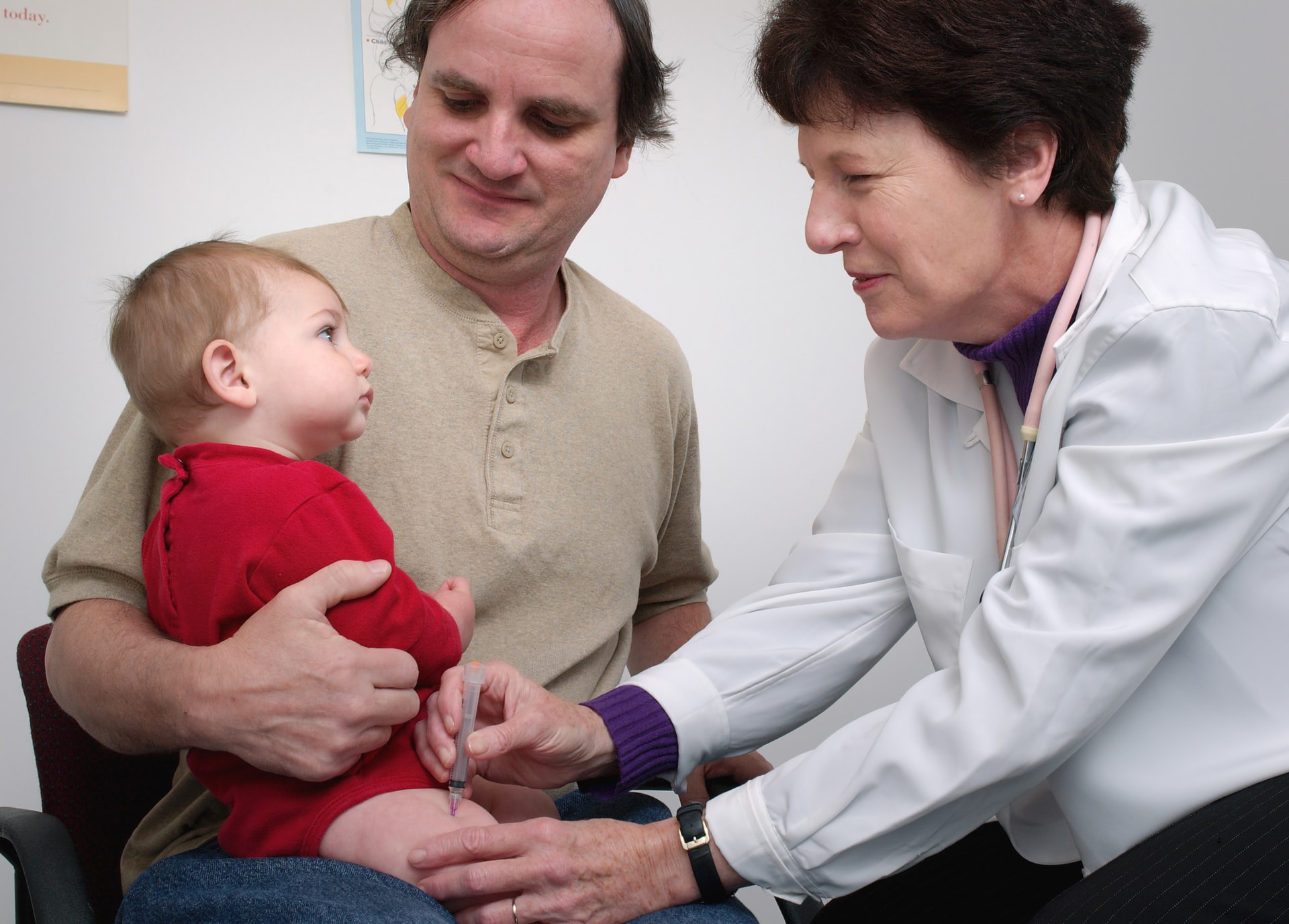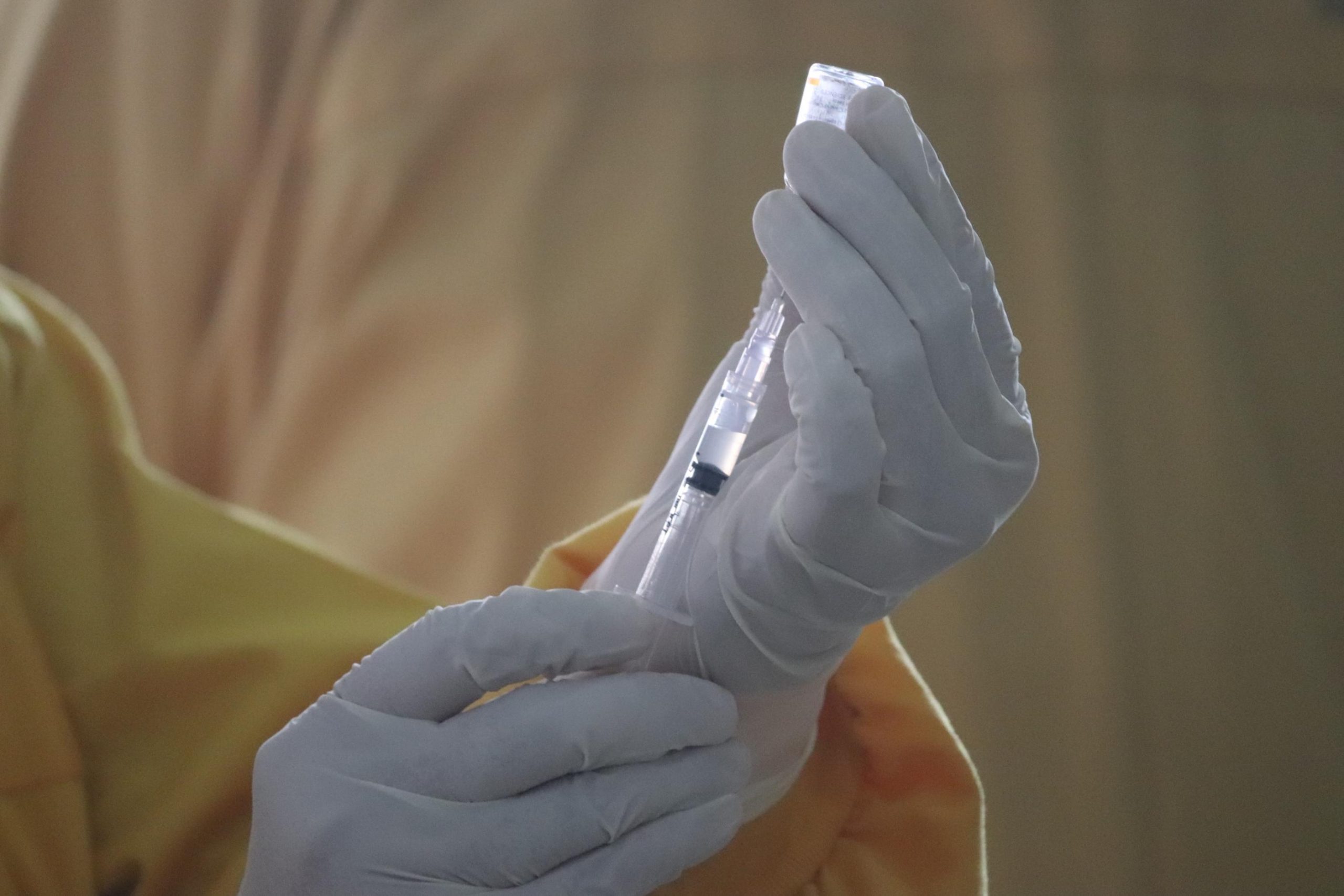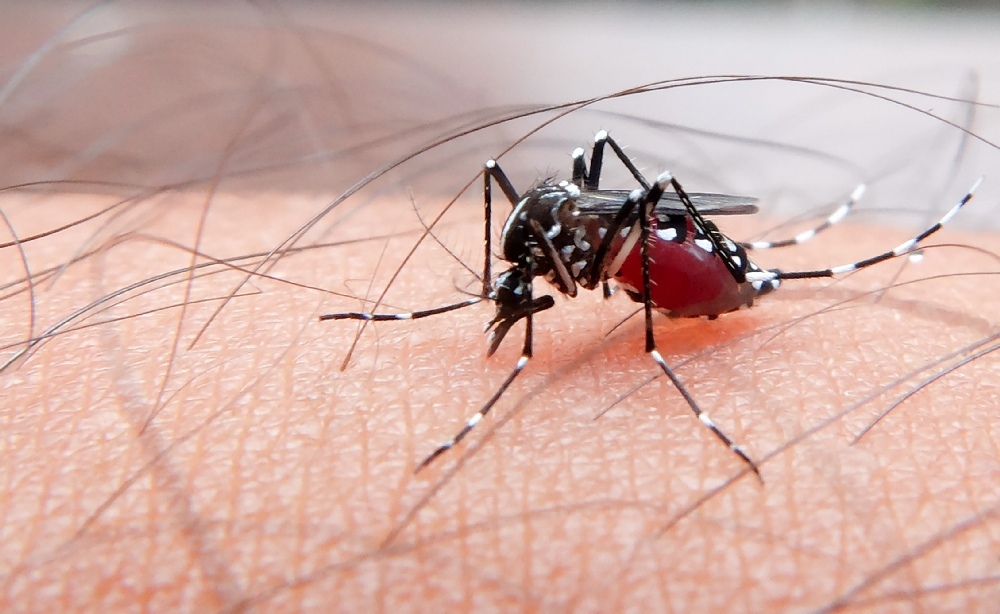Vaccinations are important for your child’s growth and security. Knowing which ones to take for your child may seem a task too strenuous. But, all thanks to the National Immunization Schedule (NIS), we’re able to avail a large string of vaccinations that’ll protect our little ones from many deadly infections. What is this schedule? What’s it all about? To know more, keep reading our article on National Immunization Schedule (NIS) – All You Need To Know.

The National Immunization Schedule (NIS) includes all vaccines necessary for every child in India.
What Is National Immunization Schedule
Before we get to the list of vaccines, it’s important to know what the NIS is all about. This will help you to have a broader perspective of its relevance and why it’s important to not ignore this program.
India’s Universal Immunization Program (UIP) provides free vaccinations to combat 11 life-threatening diseases including Polio, Hepatitis B, and Pneumonia. Under the banner of the UIP, the National Immunization Schedule (NIS) provides the necessary vaccinations to infants and children until 16 years of age to prevent childhood illnesses and disabilities. Since it’s the basic need for the children, the Ministry of Health, Govt of India recommends these vaccinations, and all medical practitioners in India advise following the immunization schedule.
The National Technical Advisory Group on Immunization (NTAGI) reviews these vaccinations and the Government administers them only after conducting a thorough review.
Vaccines Included In The National Immunization Schedule
- BCG: The Bacillus Calmette-Guerin (BCG) vaccine is administered at birth or at least before the child is one year of age. It helps to prevent the child from getting tuberculosis (TB). TB affects not just the lungs but also other parts of the body such as the kidneys and the heart. This vaccine helps to protect the child from any respiratory and chest infections.
- Hepatitis B (birth dose): This disease affects the liver and is only vaccine-preventable. If contracted during birth, the results could be fatal. That’s why this vaccine is administered after birth or within 24 hours at least.
- OPV-0 (Oral Polio Vaccine): Helps to protect against the deadly disease of polio. These life-threatening diseases cause partial or permanent paralysis which is incurable. Also known as the birth dose, an infant usually gets this vaccine at birth or within 15 days.
- OPV – 1,2,3: Given at 6 weeks, 10 weeks, and 14 weeks. Administered till the child is 5 years of age.
- IPV (Inactivated Polio Vaccine): This is basically a dose to strengthen the immunity of the child along with the OPV. Given in fractional doses: 1st dose when the child is 6 weeks and the second when the child is 14 weeks.
- Pentavalent 1,2,3: Administered at 6 weeks, 10 weeks and 14 weeks. This vaccine helps to protect against 5 diseases- Diphtheria (severe nose and throat infection), Pertussis (extreme coughing that causes brain damage), Tetanus (an infection spread through wounds), Hepatitis B, and Hib. DPT (Diphtheria, Pertussis, Tetanus) and Hep B are already part of the immunization schedule. Hib vaccine is a new addition that protects against pneumonia, meningitis (brain inflammation), bacteremia, epiglottitis (difficulty in breathing and swallowing), septic, and arthritis. The main aim of this vaccine is to reduce the number of pricks given to the child.
- Rotavirus Vaccine: Rotavirus is a highly contagious disease that is commonly found among infants. It causes inflammation of the stomach and intestines that leads to severe diarrhea. Given at 6 weeks, 10 weeks and 14 weeks.
- Measles (1st dose): This airborne disease causes fever, red rashes, and cough. And if there are complications, it can turn into encephalitis that causes children to lose their hearing. This vaccine helps to prevent any of that from happening. Given when the child has completed 9 – 12 months.
- Vitamin A (1st dose): An orally-administered supplement to prevent deficiency of Vitamin A that causes night-blindness. Administered when the child has completed 9 months.
Additional Vaccines And Booster Doses
- DPT (Diphtheria, Pertussis, Tetanus) (1st booster)
- OPV Booster
- Measles (2nd dose)
- Vitamin A (2nd to 9th dose): After every 6 months, one dose is administered till the child is 5 years old.
- DPT (2nd Booster): 5-6 years
- TT: 10 years & 16 years
Things To Keep In Mind
- Timely vaccinations are extremely important. Vaccines in the NIS are available free of cost under the UIP and that’s the bare minimum you can do to ensure your child from contracting a vaccine-preventable disease. Medical and public health experts study each vaccination type and then determine the age of administration. And India’s National Immunization Schedule (NIS) is specifically designed for children who would be potentially vulnerable to disease at infancy or at a certain age. Missing any of those dates or delay in vaccination could result in something fatal happening to the child in the long run. To prevent that from happening, set reminders and be on time for your child’s vaccination dates.
- As parents, paying equal attention to your child’s needs while you try to take care of other requirements gets tricky. There’s a fair chance you might forget about your child’s vaccination appointments. That’s when you need to use technology to aid you in this constant juggle. You can start by downloading the ImmunifyMe app. The app offers timely reminders for vaccination appointments and also helps store health records digitally. Do that and you’ll never forget to miss an appointment!
- Apart from the NIS, you’ve another recommended schedule known as IAP ( Indian Academy of Paediatrics) immunization schedule. The IAP includes all the prescribed vaccinations by the NIS plus a few more recommended ones. The vaccines in the IAP are available for a fee in any private healthcare sector whereas the NIS provides the bare minimum free of cost. There are a few differences between the two schedules, but irrespective of what you choose, following a vaccination schedule systematically is a must.

Taking all the vaccines as per the National Immunization Schedule (NIS) is necessary for your child’s wellbeing.
Conclusion
This was all you should be knowing about the National Immunization Schedule (NIS). Always remember to keep yourself updated about your child’s immunizations because missing out on any vaccination could be dangerous. That’s when you can also make use of apps like ImmunifyMe to help you out. In addition to regular reminders, the app helps to book online or physical consultations with pediatricians around you and also helps to store prescriptions digitally. This eliminates the need of using excess paper.
FAQs On National Immunization Schedule (NIS)
What Is Immunization?
When a person is administered a vaccine to prevent the contraction of a disease, he/she is said to be immunized. The process of administration can be either through injection, mouth or nasally. Immunizations go by other names as well such as needles, shots, jabs, or vaccinations.
What Are The Vaccines Included In The National Immunization Schedule?
The National Immunization Schedule has a vast list of vaccinations, covering the bare minimum. They are:
- BCG
- Hepatitis B (birth dose)
- OPV
- IPV
- Pentavalent 1,2 & 3
- Rotavirus Vaccine
- Measles
- Vitamin A
- TT
At What Age Is BCG Vaccine Given?
BCG is given at birth. But if there’s a delay for whatever reason, you should try and take the vaccine at least before the child completes one year of age. To be on the safer side, try doing it as soon as possible; don’t wait until one year.






